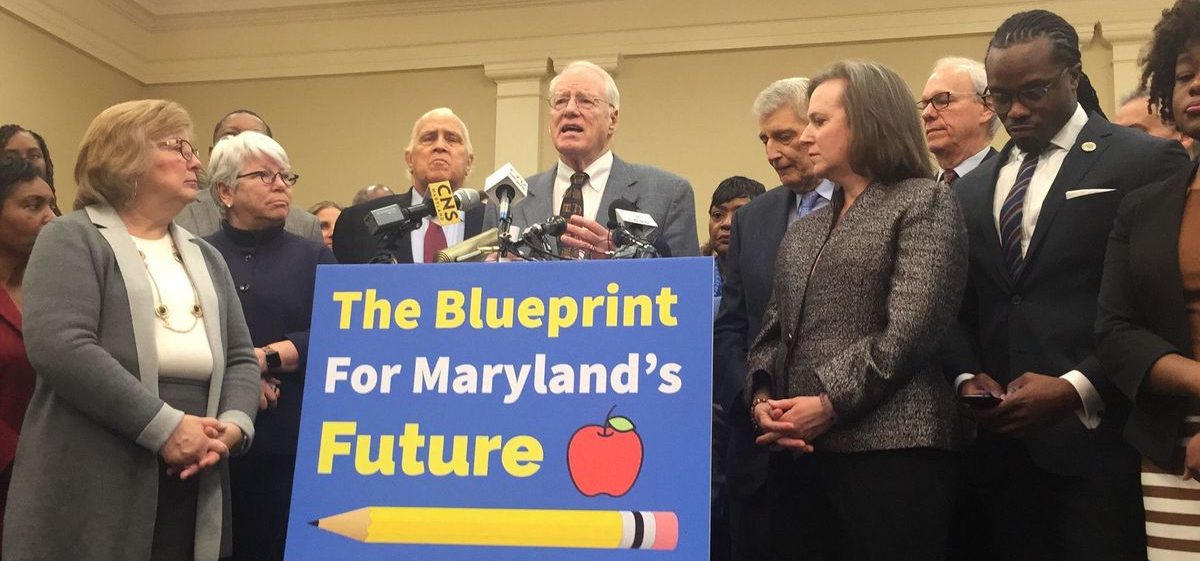An Effective Organizer
An effective organizer has a strong understanding of the community they hope to support. The only way to ensure this understanding is continuous communication with their community. John Dewey’s establishment of a baseline for the organizer, applied to Ella Baker and Stephen Flemming, highlights the necessary qualities and implementations of the ideal organizer.
Throughout Dewey’s (1954) “The Public and Its Problems,” he searches for the role of the public and the individuals who participate in it. “The outstanding problem of the Public is discovery and identification of itself” (Dewey, 1954, p. 352). The underlying issue with this is that the public is dynamic, changing nearly in front of our eyes. There is no true individual. Every individual is influenced by and influences others (Dewey, 1954, p. 251). An organizer has to use this to their advantage without becoming an out of touch leader without any influence from their respective community.
Rather than promoting one’s self as the “expert” of their community, the organizer acts as a co-conspirator to the voices that need to be heard. Ella Baker worked her whole life to fulfill this role, even if she faced countless obstacles as a black woman working in the South in the 1960s. Baker shows that it is possible to focus the efforts of the community she’s organizing while removing herself from the title role. Her separation from the front of the committee also allows for easy separation when the students become self-sufficient. Baker herself says, “Strong people don’t need strong leaders” (Mueller, 2004, p. 79).
The way to ensure connection to the community along with a humble role is by engaging with the public. Baker’s independence allowed her to be able to go straight to the movement that would benefit the most from her organization, but how can a single person work for their community without the countless connections acting as a support structure? Stephen Flemming gives modern, pragmatic advice on how educators can act as organizers and lift up the students around them. He highlights the importance of active participation at community events: going to corner stores, basketball games, barbershops, and engaging in social media (Flemming, 2017, p. 44). Ella Baker led as an example of participation without domination of an environment; Flemming describes how this can be done today. Communication between officials with power and the people the officials represent is at the core of Dewey’s philosophy. He is critical of white urban educators, who are oftentimes disconnected from the community they hope to “save.” The intention may be innocent but neither an organizer nor an educator can effectively assist the public without having an understanding of its problems (Flemming, 2017, p. 43). When the educator/organizer interacts with their students and invests in the area around them, they gain a stake in the community, eventually becoming a part of the community. A truly effective organizer must have a stake in the community, a social rights mindset, and an appropriate voice in the organization.
